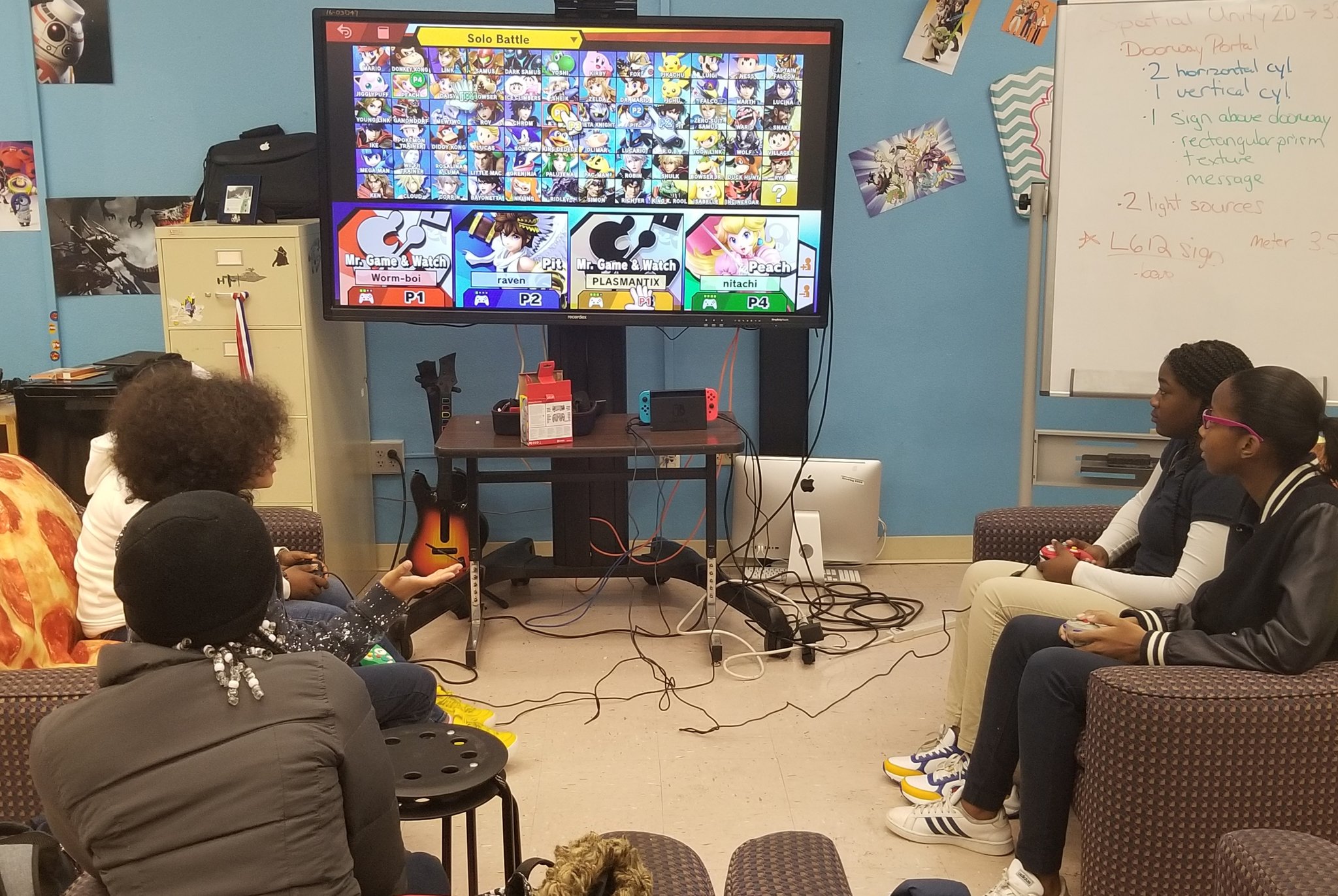Seven years ago, Lauderhill 6-12 STEM-MED Magnet in Broward County, Florida, didn’t exist.
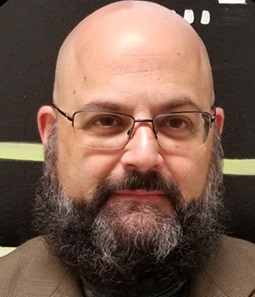
It was created out of necessity after the former Lauderhill Middle School was failing and forced to be repurposed by the state.
As part of the cleansing, local educator Randall Deich was brought in by principal Dr. Ryan Reardon to help facilitate change and give students “a purpose” to learn and develop new skills.
Deich, a 28-year veteran of the district, quickly went to work, creating the framework for a program built on career readiness through STEM-based initiatives, including video games.
It wasn’t an easy sell.
“The first challenge was perception,” he says. “It was a Triple F school. When people thought of academic excellence, they weren’t thinking of Lauderhill. Another challenge was building trust with the students. We had to slowly start developing that. I would tell them, this is about investing in yourself and working on your future. And we meant it.”
Many hurdles remain, but Deich’s persistence and his outreach efforts are helping many students at Lauderhill 6-12 attain real-world skills while seeing a clearer superhighway to careers in computer-related fields, esports and business.
“The students in Lauderhill now how have a connection, a path that makes sense to them,” Deich says. “They are making connections to a purpose now.”
At the Academic Esports Conference & Expo in October, Deich will discuss the challenges and the benefits of empowering students through community connections and personalized learning. In his session, “Esports in a Title 1 High School: Developing Business Skills in a National Sport Forum,” he will talk about the many perks of educating through gaming, from social and emotional learning to relationship building. And he will showcase his plan that engaged previously unreachable students by giving them opportunities in a field they could relate to.
Meeting the challenge
Those who are old enough to go back about 40 years might remember Lauderhill as a summer vacation destination and the site of one of the world’s most renowned golf tournaments, the Inverrary Classic (now the Honda Classic), made famous by its host, Jackie Gleason.
The country club is still there, but the tournament moved out years ago, and a lot has changed in this packed suburb of 67,000 north of Fort Lauderdale.
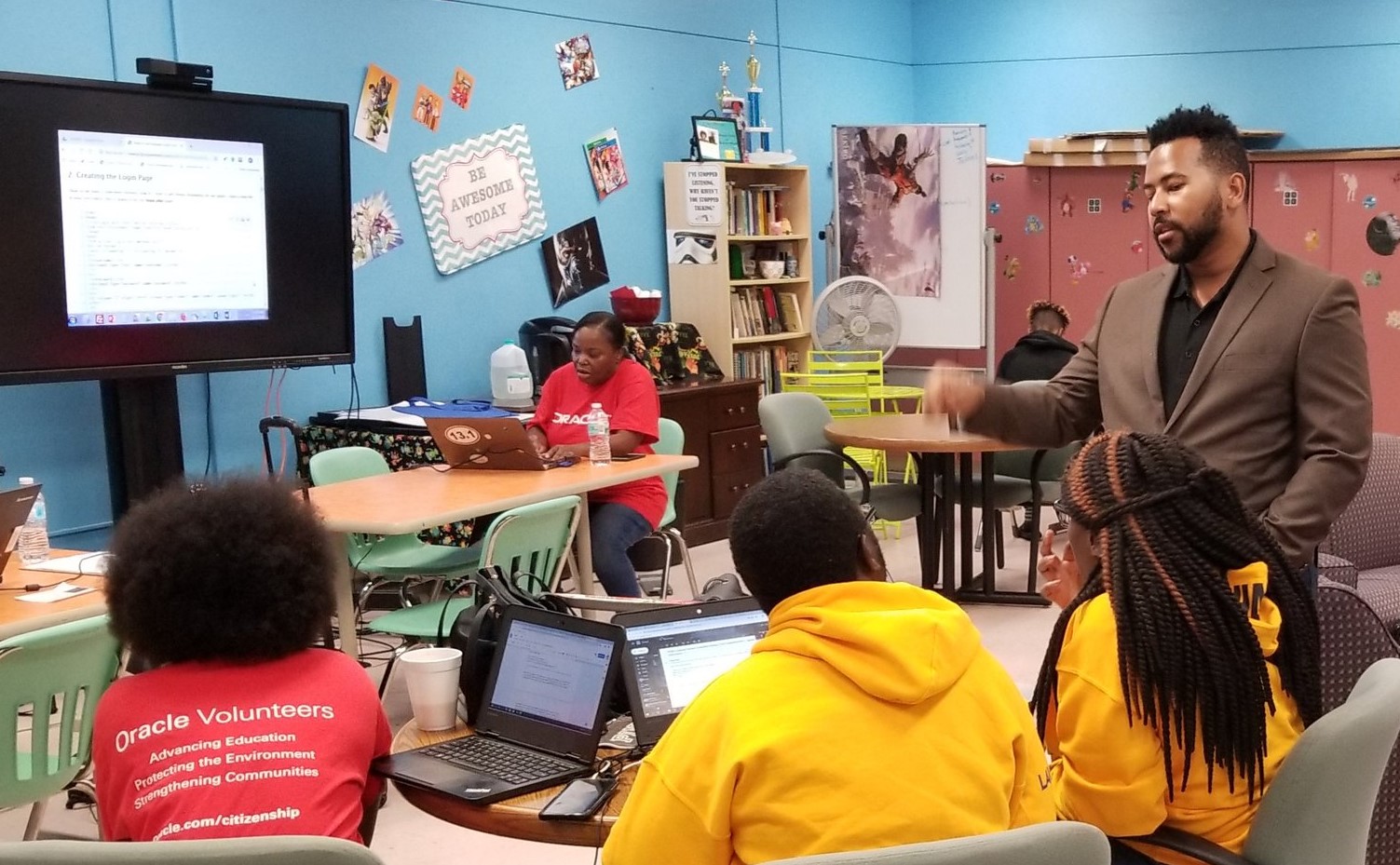 Lauderhill 6-12 serves students who are largely economically disadvantaged, with 94% coming from low-income families. Test scores, student progress and career readiness have been historically low, not just at this school but at others in the area, including Deich’s previous teaching stop at Oriole Elementary School. Many students face additional challenges at home – including lack of devices, PCs, consoles and reliable internet – that has been exacerbated by the Covid-19 pandemic.
Lauderhill 6-12 serves students who are largely economically disadvantaged, with 94% coming from low-income families. Test scores, student progress and career readiness have been historically low, not just at this school but at others in the area, including Deich’s previous teaching stop at Oriole Elementary School. Many students face additional challenges at home – including lack of devices, PCs, consoles and reliable internet – that has been exacerbated by the Covid-19 pandemic.
“Home life for students here wasn’t great before Covid, which is why they liked school so much,” Deich says. “The digital divide is hurting us.”
Though he doesn’t believe in “magic bullets” in education that can engage even the most disinterested students, he says a few tools have the power to effectuate change.
“Minecraft comes pretty close. You can connect pretty much every standard – ELA, math, science and social studies – to Minecraft, whether it’s an actual replication, demonstration, simulation or presentation.”
Another one is esports, which provides the allure of game play, collaboration and a connection to careers that interest most students.
“They have been just crazy excited about it,” Deich says. “They are seeing credibility with the career piece. This wouldn’t have happened if there was no trust leading up to this.”
Steps to success
Bridging the trust gap at Lauderhill 6-12 has taken a fair amount of ingenuity from this STEM Coordinator, who calls himself “a facilitator. I only take credit for removing barriers and creating opportunities. The work is all the students.” And yet it is Deich, a Broward Education Hall of Famer, who put into place a winning formula that has truly been difference-making:
- He brought in a computer science and game development program, where students learn how to create games and gain coding skills. Some of those students have been recognized nationally, including their work in creating mobile apps and in HTML/CSS.
- He added a vital after-school piece that gives students “industry-specific, purpose-driven” problems to solve while being mentored by business leaders. They have a leadership team of students as well as marketing and player development subgroups. “Our model has always been having an emphasis on their business role, so it’s an apprenticeship model.”
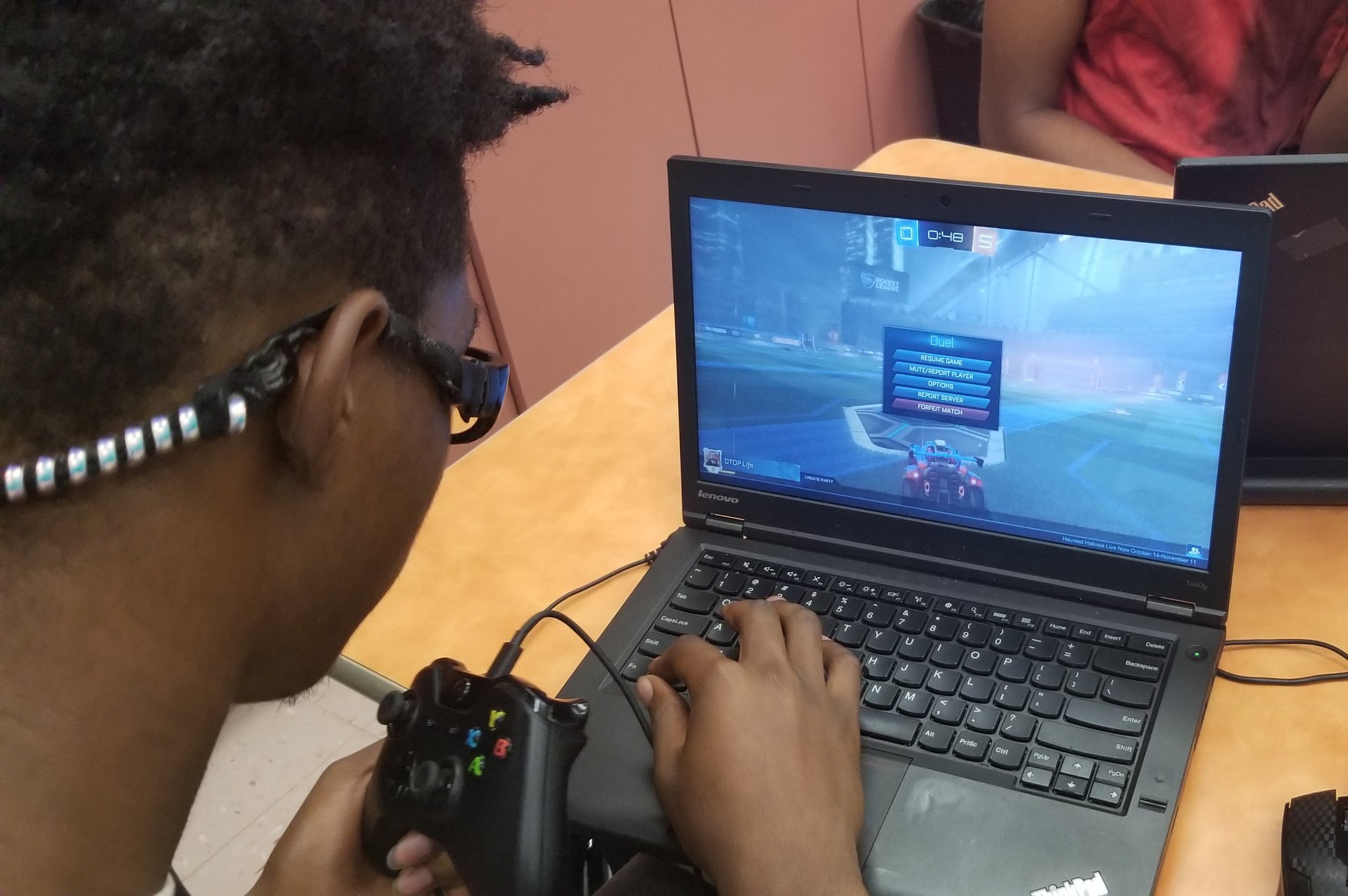 He partnered with the North America Scholastic Esports Federation (NASEF), which helped the program build an esports team and put into place a mission behind gaming that starts with education first. “They gave us this framework, this ecosystem and a blueprint that says it’s not about the game. It about the organizers, the strategists, the content creators, and the entrepreneurs.”
He partnered with the North America Scholastic Esports Federation (NASEF), which helped the program build an esports team and put into place a mission behind gaming that starts with education first. “They gave us this framework, this ecosystem and a blueprint that says it’s not about the game. It about the organizers, the strategists, the content creators, and the entrepreneurs.”- One of the most important elements of the esports initiative was health and wellness, so he got a big boost when social studies teacher Thomas Leonard came on board to help coach the students.
- He helped foster the program’s growth through a non-profit he co-founded, ReGenerate Tech, which has forged relationships with Citrix, Oracle, American Express and the Broward Education Foundation to foster workforce recruitment, career development and social responsibility. “There’s more than one way to develop a student.”
“You now have folks in the community who are now developing professional relationships with the students who attended that Triple F school that was closed down,” Deich says. “Before esports and gaming, that would have never happened. That’s the incredible story.”
Deich has several initiatives on the horizon but says it’s still too early to have measurable numbers on how much impact esports is having.
“But I have metrics on attitude, perceptions, climate, culture, anecdotal stuff from community, parents, and students and they’re all positive,” he says. “It’s one good win after another. The big irony for esports is it’s not about gaming. We’re not developing gamers for the community. We’re developing the business end for our community. What teases the kids is the fanfare of the esports competitions. But it’s the business side that will make a difference. That’s what goes on their resume. That’s what goes on their job application.”
Two sides of strong esports iceberg
Deich, a man who has spent almost three decades in education in various roles – from classroom teacher to instructional technologist to department head – never imagined he’d been in this position.
“I was like many of them; I didn’t care for school at all,” he says. “I found no purpose for it, saw no value. In high school, I think I spent more time at the arcade across the street than I did at home or at school. When I did stay at home, I played Intellivision the entire time. Gaming was always part of what I did when I was growing up. Maybe that has some connection to it.”
Though he has taken the lead on implementing gaming at Lauderhill 6-12, he says this “magic bullet” would have been a dream 25 years ago.
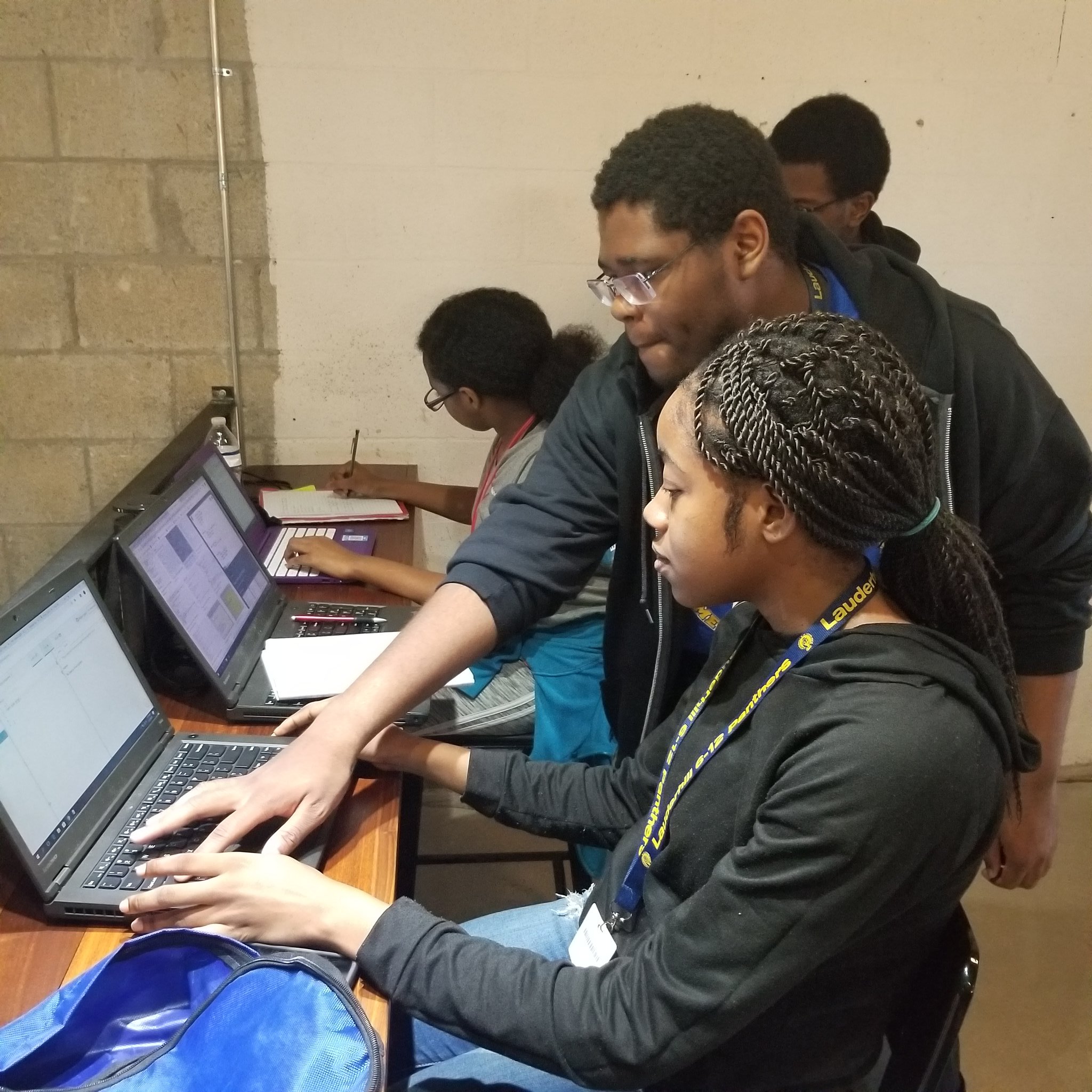 “When I first got into education, this this didn’t exist,” Deich says. “There wasn’t a home for the folks that weren’t involved in a clique. They were the outliers, the outcasts, they were the kids who sat by themselves at lunch or weren’t playing team sports. They weren’t the most popular kids around. And this was every level.”
“When I first got into education, this this didn’t exist,” Deich says. “There wasn’t a home for the folks that weren’t involved in a clique. They were the outliers, the outcasts, they were the kids who sat by themselves at lunch or weren’t playing team sports. They weren’t the most popular kids around. And this was every level.”
For many educators, putting words to describe the impact gaming and esports are making on students is almost indescribable. Deich likes to use this analogy:
“It’s like that picture you see of the iceberg, where you have that small tip above the water and there’s this monstrous mass underneath. That was my epiphany with esports, the business skills that go with it are everything below the water. We have authentic connections to jobs, and these categories aren’t exclusive to esports.”
Because of the opportunities presented through esports and because of the work of educators like Deich, the impact continues to grow.
“When the district’s vision of educating today’s students to succeed in tomorrow’s world is to be college and career ready, show me something that hits the target with the same fidelity and intensity as esports,” Deich says. “It not a good model because I’m saying it’s good; it’s a good model, because I’m seeing the students show up. With esports in this model, no one’s turned away. My creative writers have a spot. My artists have a spot. My talkers have a spot. Everyone has a home in this field. Every branch of this tree is yielding a piece of fruit.”
Chris Burt is the Esports Editor for District Adminstration and the Program Chair for the Academic Esports Conference & Expo. He can be reached at [email protected] or via Twitter @esportsChair


